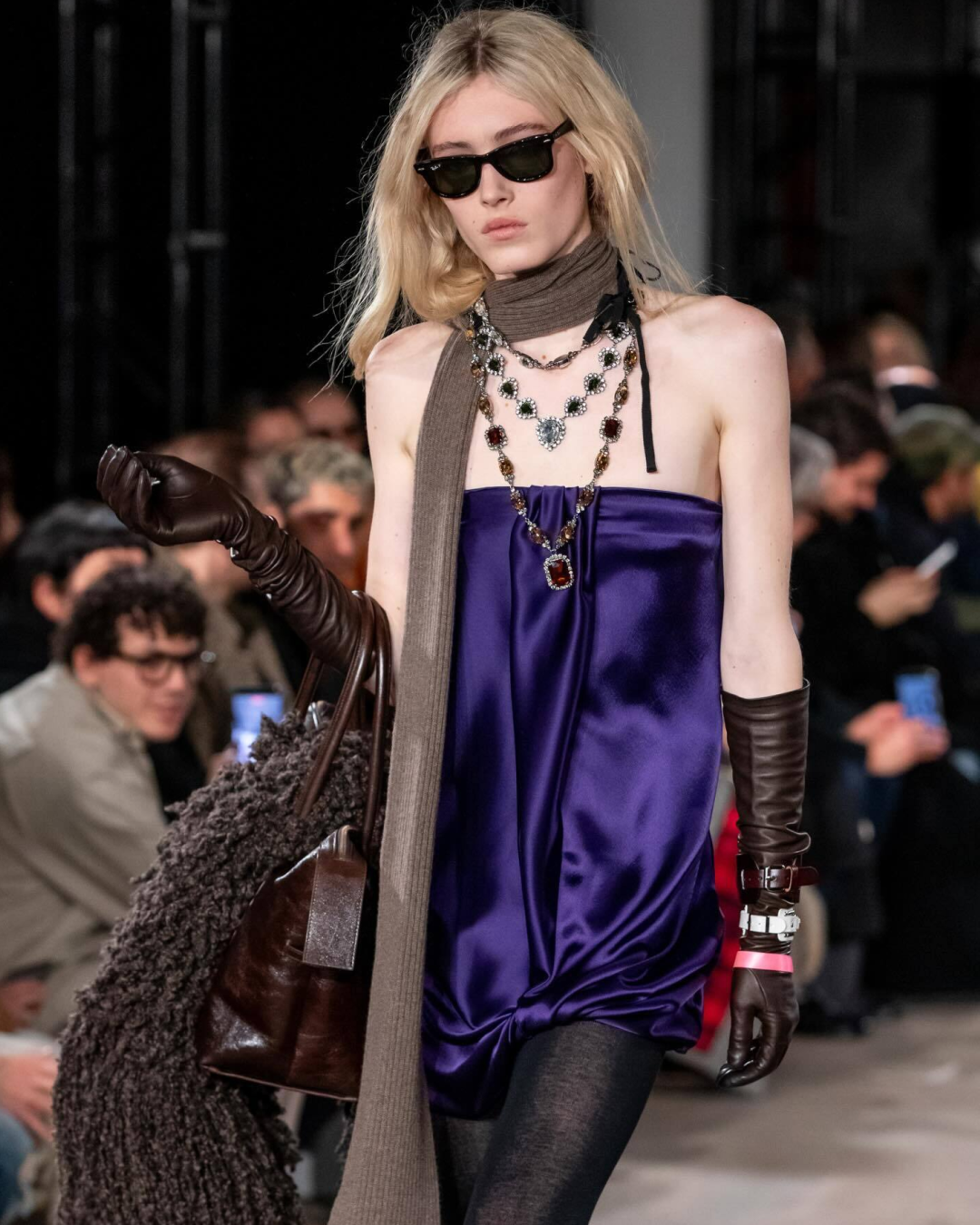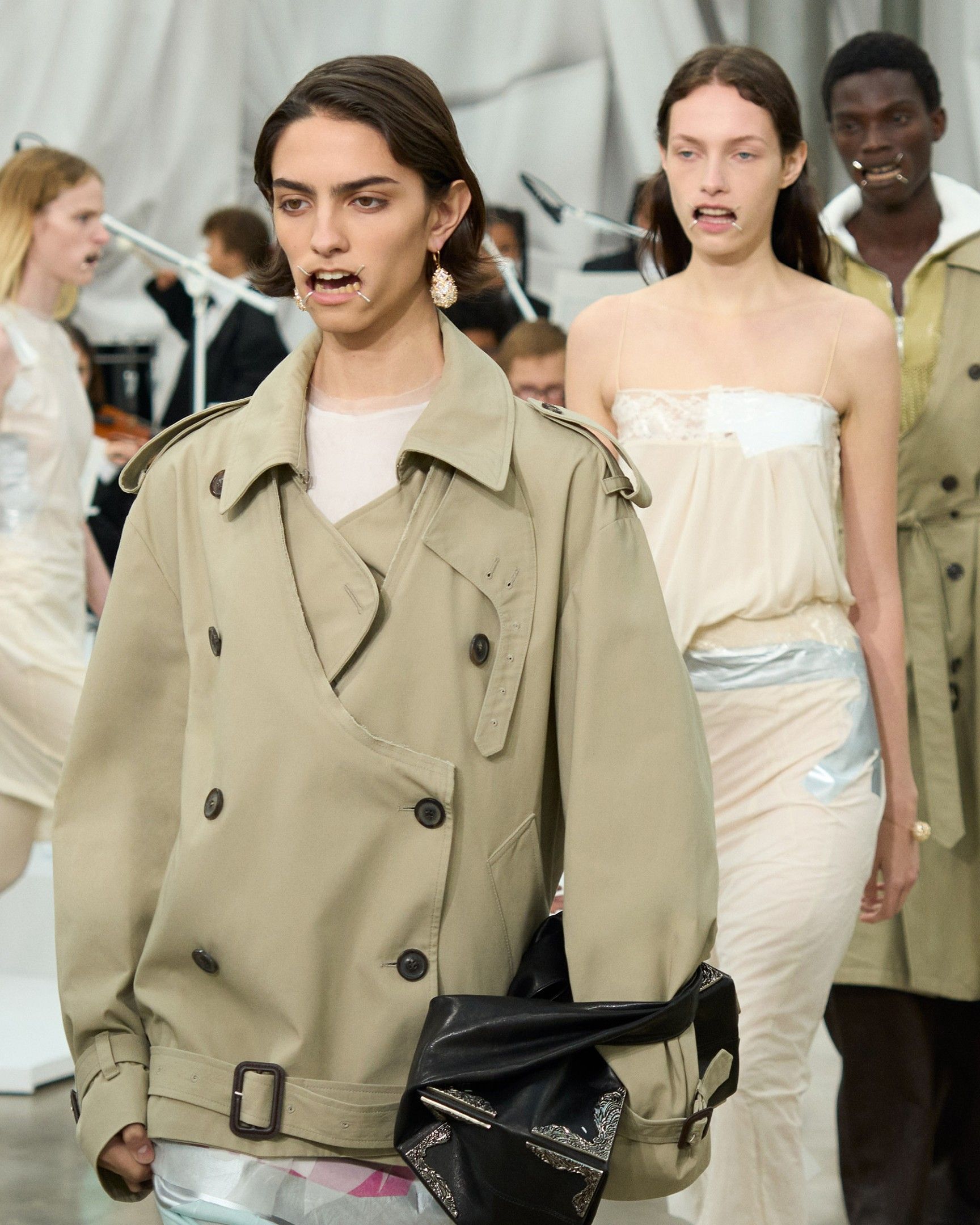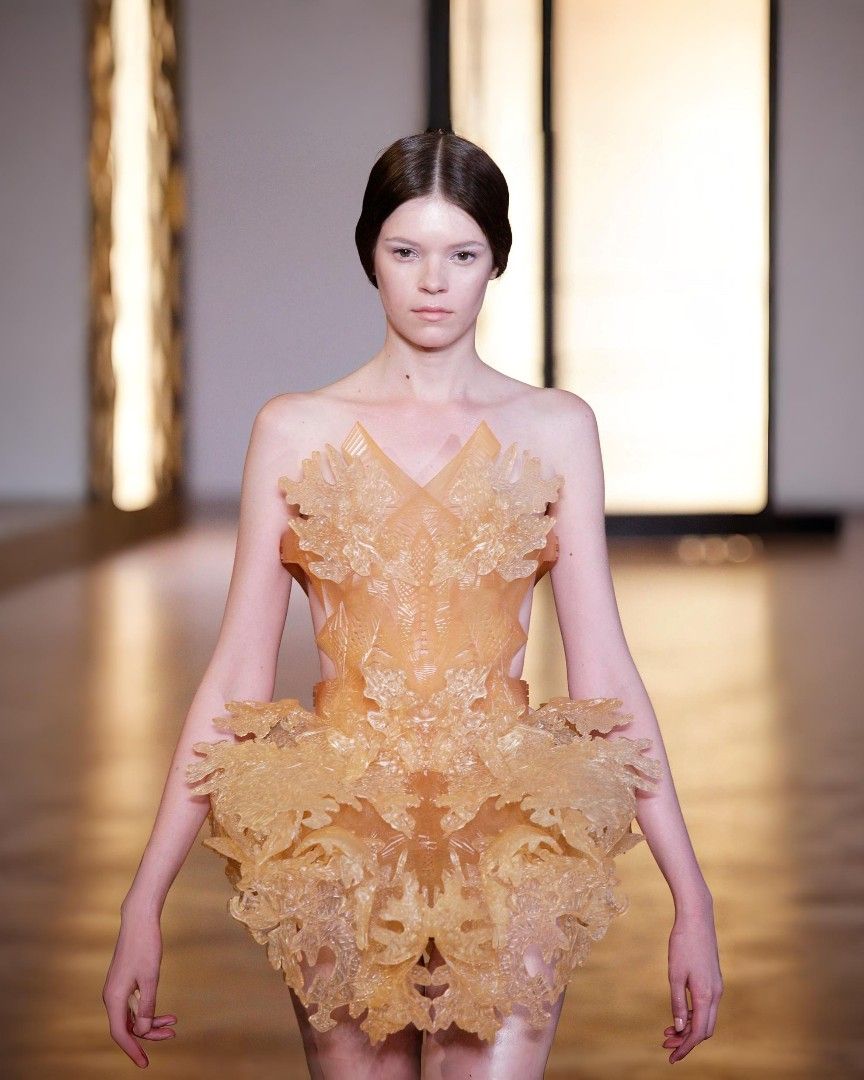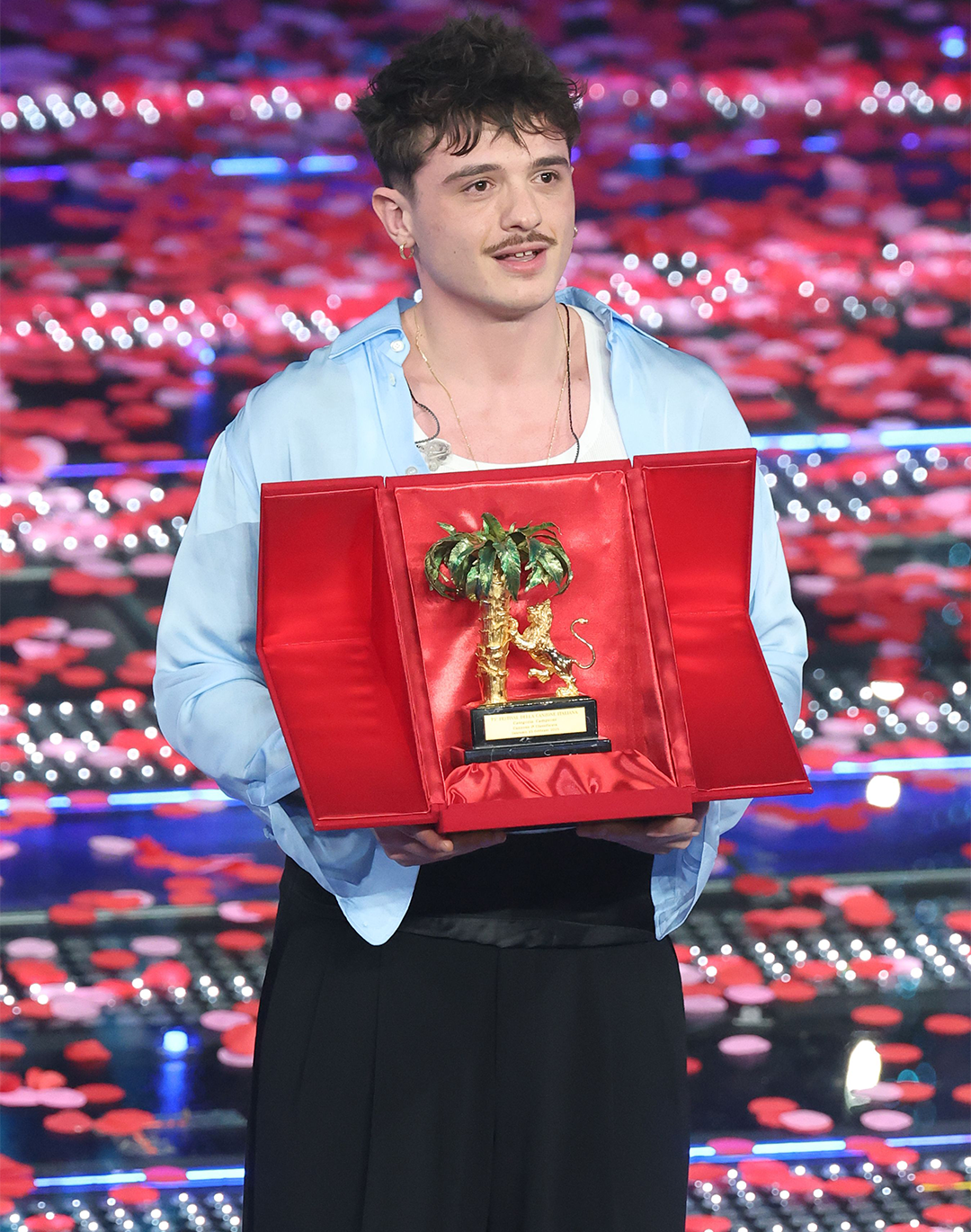
The upcoming London Fashion Week will be different from the others With a new focus on business and creative communities
The London Fashion Week is gearing up for its next edition with a new format aimed at reviving and reinstating the relevance of an event in the fashion calendar that has significantly waned post-Brexit. Scheduled from June 7 to 9, this year's fashion week will not only celebrate its 40th anniversary but also introduce a new approach to celebrate diversity, amplify creative voices, and provide a more valid and collective platform to the rich landscape of emerging British design. The new approach will be based on a rich blend of cultural programs, fashion-related activities, and parties, all designed to engage both industry professionals and enthusiasts. At the heart of this transformation will be a renewed focus on menswear businesses in the UK and the creation of the aforementioned platform for a wide range of creatives, from established names to emerging talents. In addition to celebrating British creativity, LFW will also welcome international sponsors, including the French beer brand 1664 Blanc and Diet Coke, underscoring its status as a truly global event.
One of the highlights of the revamped LFW will be its emphasis on cultural exploration. The entire week will kick off with an event at the Institute of Contemporary Arts, for which the BFC will collaborate with guest curators to delve into Black Culture, Southeast Asian culture, and queer culture. Through exhibitions, debates, and cultural events, LFW will celebrate the uniqueness of heritage and creative expressions of these communities, promoting dialogue within the fashion industry and beyond. Called "40 for 40", the event will feature a curated selection of 40 activations by leading British brands and designers, including fashion shows, presentations, and other alternative formats to those of the classic calendar that the fashion caravan is accustomed to. Caroline Rush, CEO of the BFC, has expressed her excitement for the new format, emphasizing its alignment with the modern needs of the fashion community. By listening to designers, media, and retailers, the BFC aims to create a global showcasing platform that is not only relevant but also beneficial for all parties involved.
While the exact details of the program are yet to be unveiled, the experiment is undoubtedly interesting also because the relatively smaller scale of London Fashion Week makes it an important experimentation ground in a time of structural crisis in fashion. The reference to menswear businesses does not make it very clear whether the BFC aims to support brands, retailers, or both (one possibility is that it refers to the Savile Row tailors, who represent a national excellence never celebrated enough) while it remains to be seen how effective both the initiatives dedicated to multicultural curation will be - as it is not yet clear whether they will consist of exhibitions complementing actual fashion shows and presentations by representatives of that culture or if they represent a stand-alone initiative. It is clear to everyone that the best way to promote the exploration of the cultures that make up the demographic makeup of British fashion is to give space to designers and brands that come from those cultures without just "museifying" them. Also important will be the focus on independents, a very important category for all fashion capitals, which in the atmosphere of growing commercialization of brands, frankly, no one has yet figured out how to highlight efficiently in the face of the lack of budget of these smaller but often revolutionary brands.















































